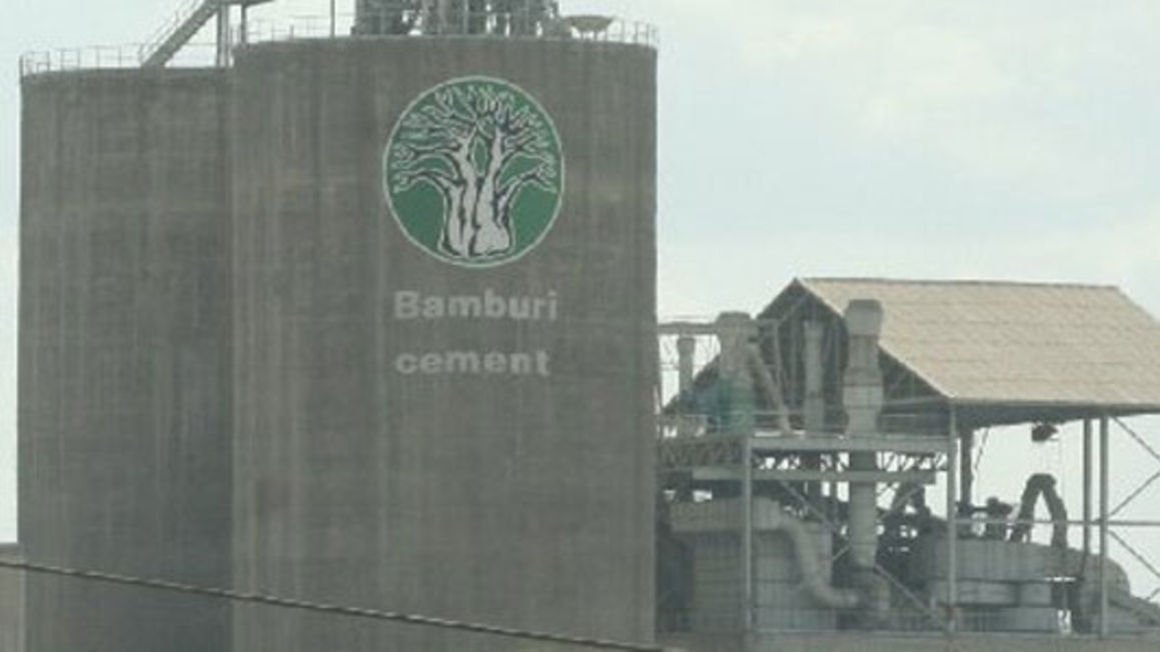Bamburi Cement factory in Athi River. PHOTO | FILE Bamburi Cement has secured lucrative government contracts for the supply of cement for key infrastructure projects in the region as part of efforts to staying afloat in a competitive cement market that has seen its net profit drop by 80 percent in five years, with shareholders losing over Ksh3 billion ($27.52 million) in dividends during the same period.
The regional cement maker which is listed on the Nairobi Securities Exchange is fending off competition through cost-cutting measures, introduction of low cost construction materials and bidding for mega government cement supply contracts to shore up its thinning revenues that have seen shareholders’ dividends per share drop to as low as Ksh3 ($0.02) last year from a Ksh12 ($0.11) in 2016. Capital intensive projects
The EastAfrican has learnt that Bamburi, a subsidiary of LafargeHolcim, has won tenders to supply cement key government infrastructure projects in Kenya including Thwake dam, Nairobi Expressway, Dongu Kundu bypass, Lamu port, Lamu Port-South Sudan-Ethiopia-Transport Corridor and the Ksh160 billion ($1.46 billion) Nairobi-Mau Summit Highway.
In Uganda, the firm through its subsidiary —Hima Cement Ltd— supplies cement to the oil and gas projects in Albertine region and gold mines in the Democratic Republic of Congo (DRC).
“All these have contributed to improving our topline,” Group Managing Director Seddiq Hassani told The EastAfrican last week.
Group net profit declined to Ksh1.05 billion ($9.63 million) last year from Ksh5.24 billion ($48.07 million) in 2016 while total sales fell eight percent to Ksh34.88 billion ($320 million) from Ksh38.03 billion ($348.89 million) during the same period.
Sales in Kenya declined to Ksh20.67 billion ($189.63 million) from Ksh21.26 billion ($195.04 million) while that in Uganda fell to Ksh14.21 billion ($130.36 million) in 2020 from Ksh16.77 billion ($153.85 million) in 2016 during the five-year period.
Cost-cutting measures, which included letting go of 29 employees in its Kenyan operations resulted in reduced operating costs by Ksh2.49 billion ($22.84 million) in 2020.
“Commitments of the governments of Kenya and Uganda towards delivery of the ‘Big 4’ agenda and key infrastructure projects like oil and gas respectively continue to generate positive prospects for economic recovery in the second half of 2021,” said John Simba, the chairman in the 2020 annual report.
Last year, Kenyan cement market contracted by 2.3 percent with the national cement consumption closing at 5.79 million tonnes compared with 5.93 million tonnes in 2019.
The contraction was influenced by the slowdown in construction […]
